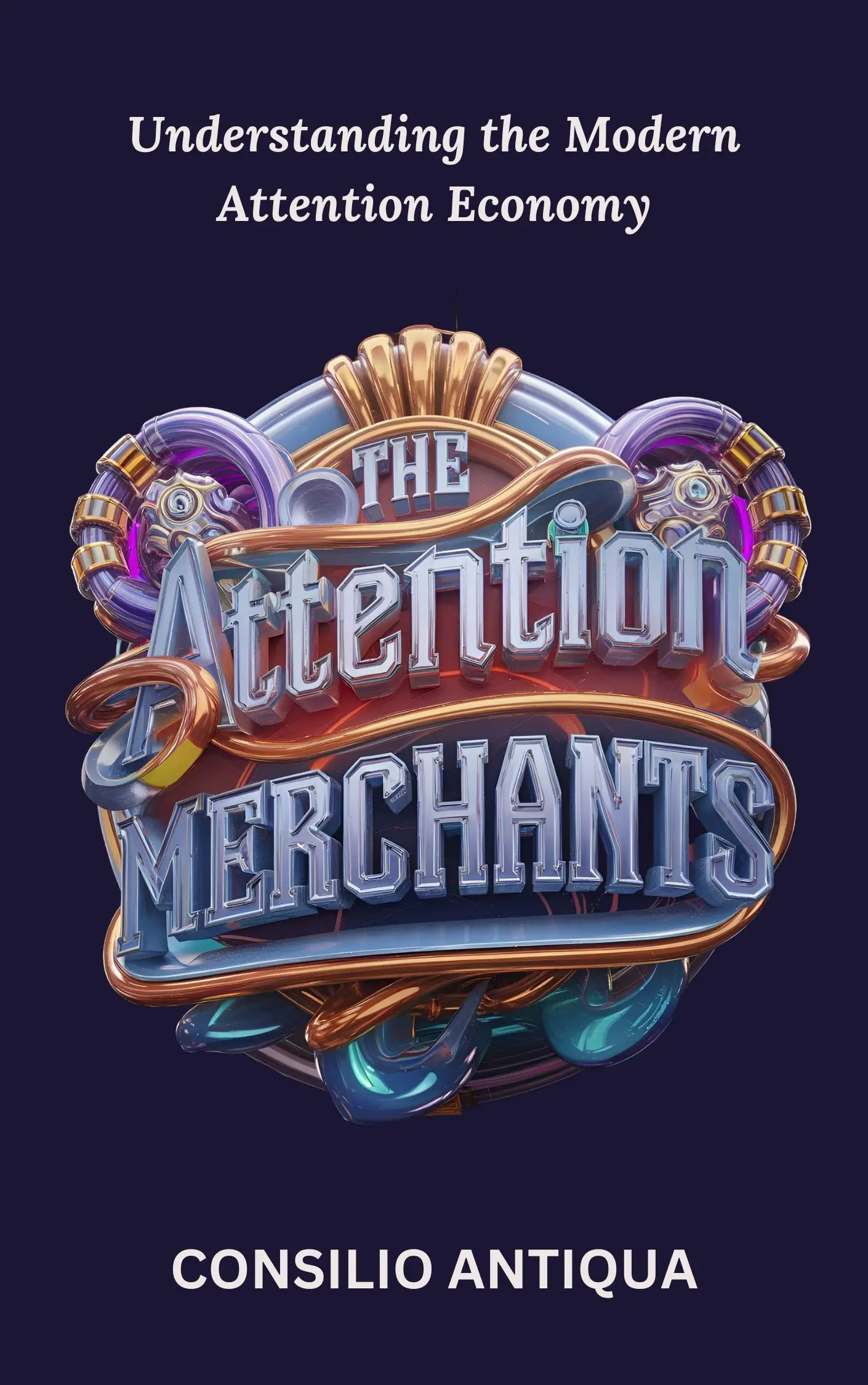
The Attention Merchants | Chapter 18. Regulation and Policy in the Attention Economy
Chapter 18. Regulation and Policy in the Attention Economy
Imagine a teenager, Maya, constantly bombarded by notifications. Personalized ads flash across her phone, tempting her with the latest trends. Every few minutes, a ping or a buzz pulls her back into the digital whirlwind. Trying to focus on homework feels like battling a swarm of distractions. Maya isn't alone. Millions feel overwhelmed by the constant stream of information vying for their attention. This is the reality of the unregulated attention economy, where our focus is the prize in a relentless competition.
It's become clear that we need some ground rules. Just like traffic laws prevent chaos on the roads, regulations in the digital world can help protect us from the downsides of this constant grab for our attention. Some important steps have already been taken. In Europe, the General Data Protection Regulation (GDPR) gives people more control over their personal information. Think of it as a digital "bill of rights" for your data. Companies can't just collect and use your information without your consent. They have to be transparent about what they're doing and why. California followed suit with the California Consumer Privacy Act (CCPA), offering similar protections. These are big wins for users, putting them back in the driver's seat when it comes to their own data.
But data privacy is just one piece of the puzzle. The constant buzz of notifications and the addictive nature of social media can take a toll on our mental health. Some countries are starting to address this. South Korea, for example, implemented a "Shutdown Law" to prevent gaming companies from targeting children late at night. France introduced the "Right to Disconnect," allowing employees to ignore work emails after hours. These are early attempts to create boundaries in our always-on world, recognizing that we need time to unplug and recharge.
Another growing concern is the role of social media in spreading misinformation and harmful content. Think about the rapid spread of conspiracy theories or the echo chambers that reinforce extreme views. Platforms like Facebook and Twitter are under pressure to do more to combat this. They're being asked to develop smarter algorithms that prioritize accurate information and promote healthy online discussions. It's a tricky balancing act, as they also need to protect free speech and avoid censorship.
Looking ahead, we need even broader solutions. As the digital world becomes increasingly interconnected, we need global cooperation on data protection. Imagine a set of international standards, ensuring that your data is treated with respect no matter where you are. This is a complex challenge, as different countries have different values and legal systems. But it's a crucial step towards creating a safer and more trustworthy online environment.
Beyond data, we need to think about our mental well-being in the digital age. Could there be regulations that encourage "digital detox" programs? Perhaps platforms could be required to provide tools that help us manage our screen time and avoid getting sucked into endless scrolling. The goal is to empower users to make conscious choices about how they spend their time and attention online.
Social media platforms themselves will likely face increased scrutiny. There's a growing debate about whether they should be held responsible for the content they host, just like traditional publishers. Should they be required to be more transparent about how their algorithms work and the impact they have on our behavior? These are tough questions with no easy answers, but they're essential conversations to have as we navigate this new digital landscape.
Ultimately, shaping a healthier and more ethical attention economy requires a collaborative effort. Policymakers, tech companies, and users all have a role to play. We need ongoing dialogue and a willingness to experiment with new approaches. The goal is to create a digital world that serves our needs, rather than manipulating us for profit. It's about putting people back in control of their attention, empowering them to make informed choices, and fostering a more mindful and balanced relationship with technology.
